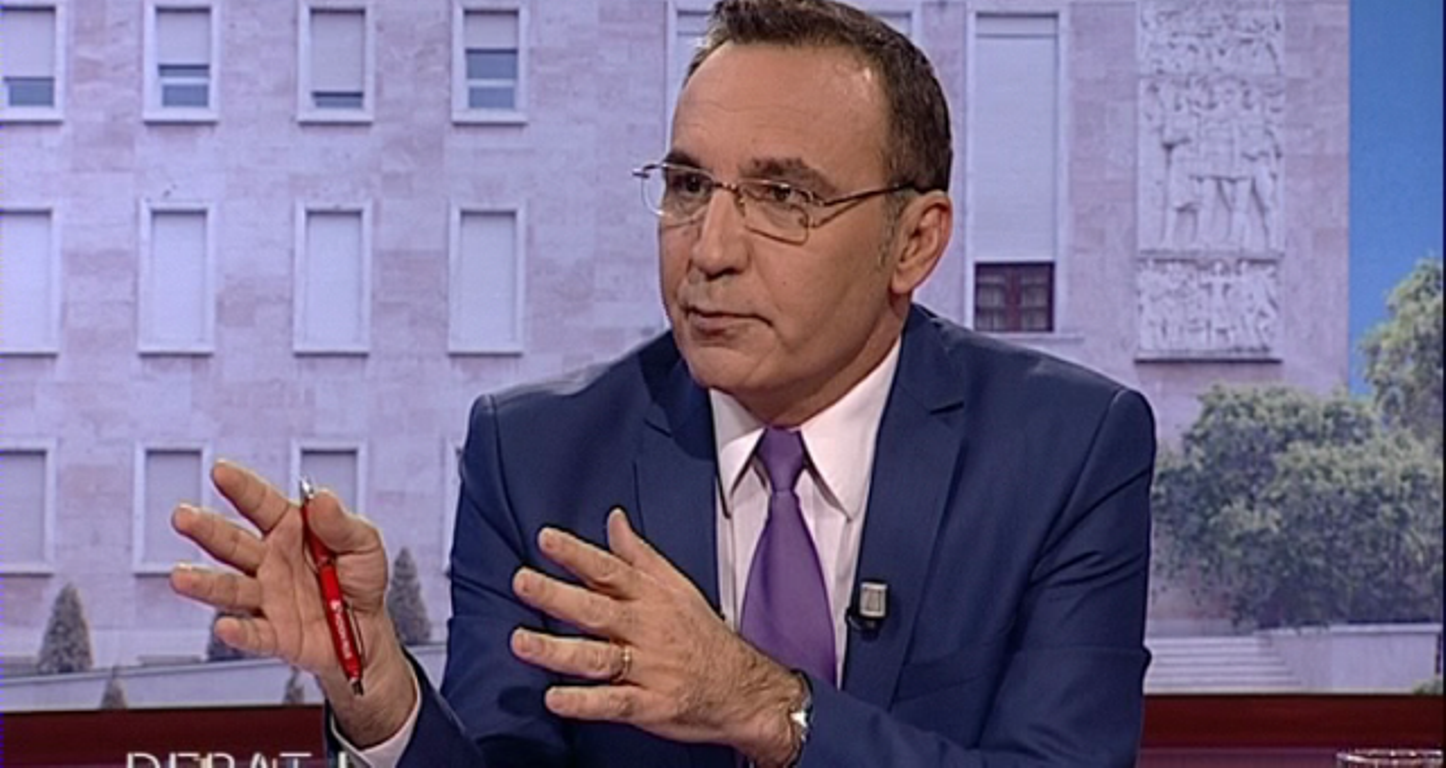
By Eduard Zaloshnja
A few days ago, Interior minister Lleshaj issued an order for traffic police, through which he’s aiming to put an end to the practice of setting up road checks on the main roads and police presence in crossroads. However, in order to implement such new practice, similar to European practices, there needs to be a technological revolution with traffic police.
During the second decade of this century there has been a significant rise of vehicles circulating in Albania and as a result, there has also been a rise in the number of visitors from neighbouring countries who drive here. Nevertheless, the number of dead and seriously wounded in road accidents has seen a fall. So, in 2011, there were 322 deaths from road accidents, while last year, there were 100 fewer casualties. In 2011, the number of people who remained seriously wounded was 448, while last year there were 85 fewer. And the falling trend has also continued in the month to November 2018.
The fall in the number of deaths and seriously wounded in road accidents may have come as a result of the improvement of roads and road signs, but also as a result of introducing tougher measures against offenders. In fact, in the recent years, Road Police has been more active in the country’s roads by issuing fines and also on national and local media advising road users to be cautious.
But, despite the improvement of the situation with road accidents, where the number of deaths is divided by the number of cars circulating on the roads, Albania can only be compared to Bosnia in the region. Compared to Macedonia, Serbia and Montenegro, the number of deaths per 1000 vehicles is almost two times higher.
Although the road code has become much more rigorous, traffic police does not have a magic wand to reduce the number of people who die and remain wounded in road accidents. Around 600 police officers who are on the ground, cannot be present everywhere, night and day. The world has long introduced technology to do this.
Cameras which capture vehicles in crossroads (when they cross the red light) are present everywhere in the most developed cities. The same can also be said of the radars and cameras that capture vehicles that exceed speed limits or make a wrong overtaking. In some countries, there are systems which measure the average speed of a vehicle going from the point A of a highway to point B (distance is divided by the time of journey).
Recently, we’ve seen the introduction of drones to identify and fine drivers who use their mobile on the wheel and other offenders.
What does society have to gain from these new technologies? In a study which I have carried out in Virginia about cameras photographing vehicles in crossroads (when crossing red lights), society was saving on average 28 thousand USD a year in each crossroad. The savings were made thanks to the reduction of damages in road accidents, both human and material. The number of serious accidents in crossroads decreased and this led to a decrease in medical costs, disability allowance, damages caused to vehicles, etc. Insurance companies (who pay for damages in cases of accidents) were the ones to benefit from these savings, along with the state of Virginia and the pockets of its citizens.
But who had paid for the cameras in Virginia? A consortium of insurance companies. They had hired a tech company to install cameras and a centralized system of fines, which were given to those drivers who crossed red lights. The revenues generated through the fines covered the investment and a profit was also made. This way, they saved from the decrease in the number of accidents in crossroads and made a profit from the investment. Meanwhile, citizens of Virginia gained from the reduction of cars which could hit them for fears of fines.
A similar investment (not only on crossroads) can also be made by insurance companies in Albania. Their revenues as a sector are guaranteed, because drivers are obliged to buy the insurance policy before renewing their registration certificate. Meanwhile, the expenses that insurance companies make depend on the damages caused by road accidents. The bigger they are, the more insurance companies have to pay. It’s in their best interest to create a consortium which would invest on the latest technology used on the road in order for road users to fear fines.
In order for such investment to work, the Albanian government should put an accurate address system in place, in order for fines to go to the right address and for police to arrest the driver of the vehicle (when the photographed driver has been driving without a driving license or when the offense is a serious one). The installment of a technological system which registers road offenses automatically (without the presence of the traffic police officer on the ground) would be viable only if the government manages to collect fines (or arrest drivers in extreme cases).
This way, insurance companies would save money from the decrease in the number of road accidents and they would also make a profit from the investment that they make. Meanwhile, citizens would benefit from a reduction of the number of vehicles which could potentially threaten their lives for fear of being fined.
Note: The views expressed in this article are the author's own and do not necessarily reflect Albanian Free Press’ editorial policy




 ALB
ALB
 ENG
ENG
